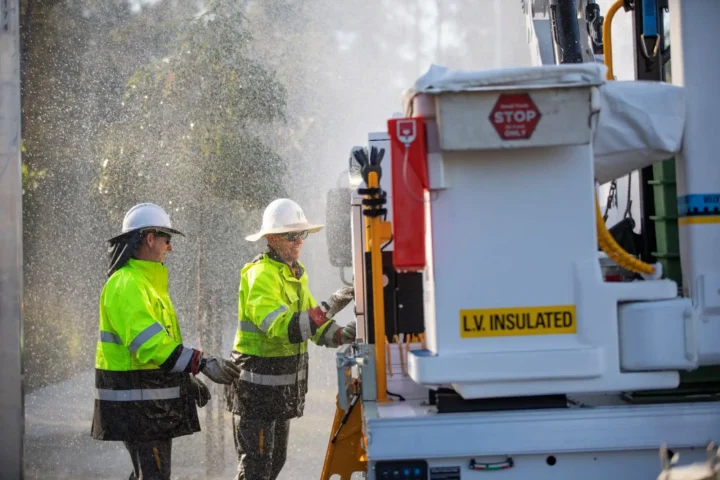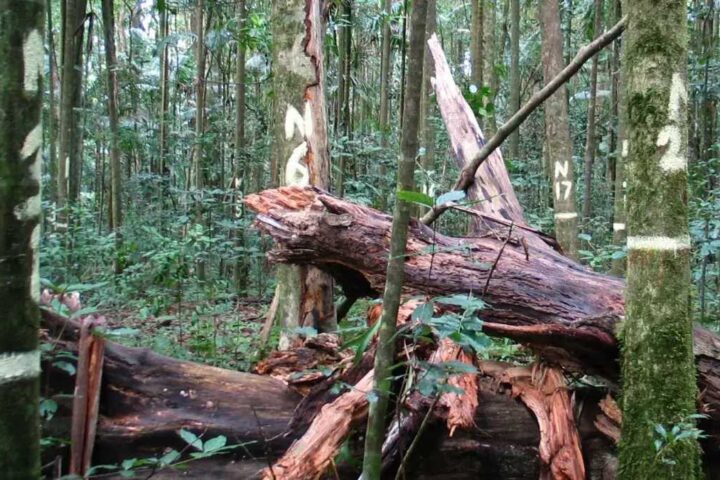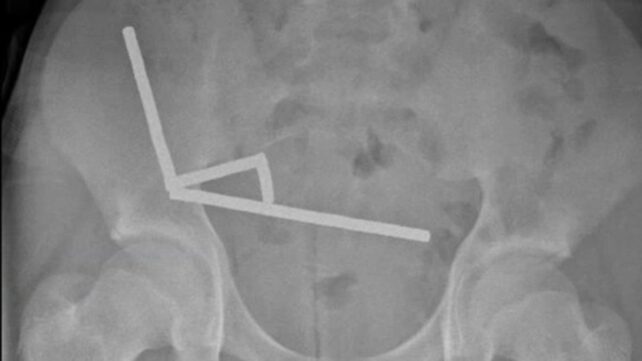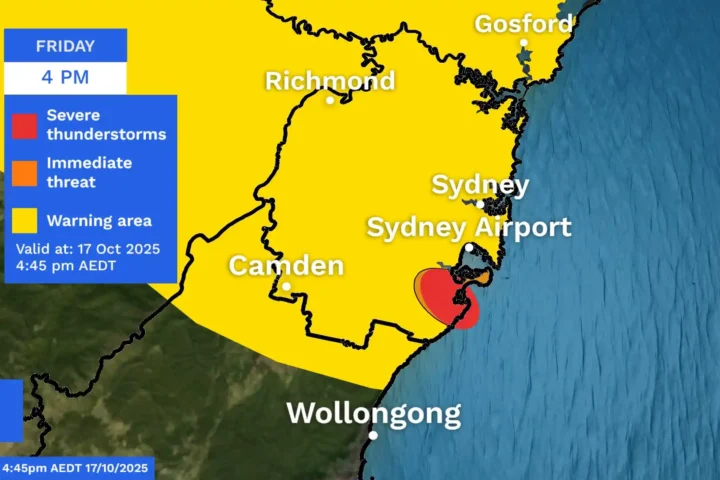A fly-in-fly-out worker has been awarded nearly $31,000 after the Fair Work Commission found her dismissal over a $200,000 gold ore mistake was “harsh, unjust and unreasonable.”
Jamie-Lee Corless-Crane, who worked at the Mt Ida gold mine in Western Australia, was sacked on January 22 after a night shift on January 7 where she mistakenly directed 54 ounces of gold ore to a waste dump.

The error occurred during challenging conditions that included an outdated map, failed GPS equipment in her excavator, and poor visibility. As a single mother, she told the Commission she could lose her home if she did not find work by June.
Deputy President Melanie Binet determined that responsibility for the mistake extended well beyond Corless-Crane alone.
“Others far more qualified missed the mistake,” Binet noted in her decision. The ruling highlighted that Corless-Crane had relied on handover paperwork provided to her and lacked proper supervision during her night shift.
The mining company, Aurenne Group, had claimed she “did not take due diligence” and failed to cross-check information on the PSI board. However, the FWC found multiple system failures contributed to the incident.
Similar Posts
The compensation, calculated at 16 weeks’ pay (approximately $30,769), falls within the Fair Work Act’s Section 392 guidelines for unfair dismissal remedies. This section outlines factors including length of service, remuneration lost, and enterprise viability when determining compensation amounts.
At the time of the incident, the misdirected gold was valued at approximately $200,000, highlighting the material impact of the error.
The FWC found that mapping and documentation systems weren’t properly maintained in this instance, with more senior staff bearing responsibility. FIFO operations in Western Australia, which make up approximately 50% of mining operations in the state, often involve shift work with transitions between day and night duties that can present operational challenges.
Workers facing unfair dismissal situations should be aware of the Fair Work Commission’s 21-day lodgment limit for applications. According to the Fair Work Commission website, applications must be submitted within 21 days after dismissal takes effect, with extensions granted only in exceptional circumstances.

This ruling comes as the FWC recently raised its high-income threshold to $183,100 (effective July 1, 2025), which affects eligibility for unfair dismissal protections among higher-paid staff.
For mining operators, the decision noted deficiencies in handover processes, equipment maintenance, mapping systems, and supervision on night shifts—all factors cited in the Commission’s findings.

















